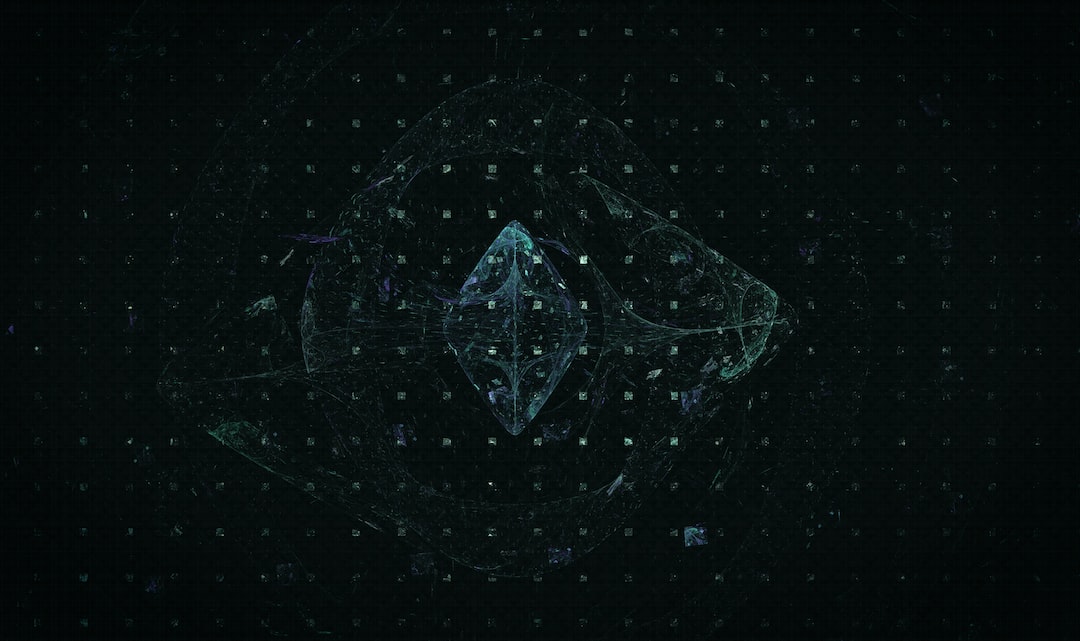Ethereum Founder Recognizes Waku as Decentralized Messaging Protocol
In a recent blog post, Vitalik Buterin, the founder of the Ethereum Network, acknowledged Waku as the fulfillment of Gavin Wood’s vision for a decentralized messaging protocol for Web3. Buterin highlighted that while attention was mostly focused on Ethereum, the decentralized messaging protocol Whisper (now Waku) continued to exist and be actively used by projects like Status.
Introducing Waku: A Decentralized Messaging Protocol for Web3
Waku is a suite of decentralized messaging protocols designed to become the communication standard for Web3. It enables secure and encrypted communication between machines, humans, and machines without the need for intermediaries. Waku is part of the Logos technology stack, which includes Codex for decentralized storage and Nomos, a privacy-focused blockchain.
Waku: Safeguarding Civil Liberties
The dominance of tech giants in controlling the internet raises concerns about privacy and surveillance. Waku addresses these issues by providing an open-source, decentralized network for data exchange without censorship. It prevents mass surveillance and empowers users by ensuring their data remains private. This aligns with the original vision of Web3, where Ethereum handles computation, Swarm serves as a storage facility, and Whisper (now Waku) enables communication.
Key Attributes of Waku
Waku offers several key attributes that make it a powerful communication protocol for Web3:
- Peer-to-peer topology to prevent censorship and promote surveillance resistance
- Privacy-focused design to protect user data
- Modularity, allowing developers to customize privacy and censorship resistance levels
Roadmap for Waku’s Growth
In December 2023, the Waku Network MVP was announced, ready to be trialed by real users in Web3 apps. The MVP can support up to eighty thousand users and introduces advanced denial-of-service (DoS) protections without compromising privacy or censorship resistance. The network is designed to scale to millions of users, paving the way for widespread adoption in the future.
Join the Waku Community
If you’re interested in exploring Web3 communications and staying updated with the supported protocol, you can follow Waku on Twitter or join their Discord community.
Hot Take: Waku – Revolutionizing Decentralized Communication
Waku represents a significant step towards achieving a decentralized and private communication standard for Web3. Its integration into the Ethereum ecosystem revitalizes the importance of secure messaging and data exchange in the digital landscape. With Waku’s peer-to-peer topology, privacy-focused design, and modularity, Web3 developers have powerful tools at their disposal to ensure data protection and prevent censorship. By supporting Waku, you contribute to the advancement of Web3 and join a community dedicated to reshaping the way we communicate online.





 By
By
 By
By
 By
By
 By
By

 By
By